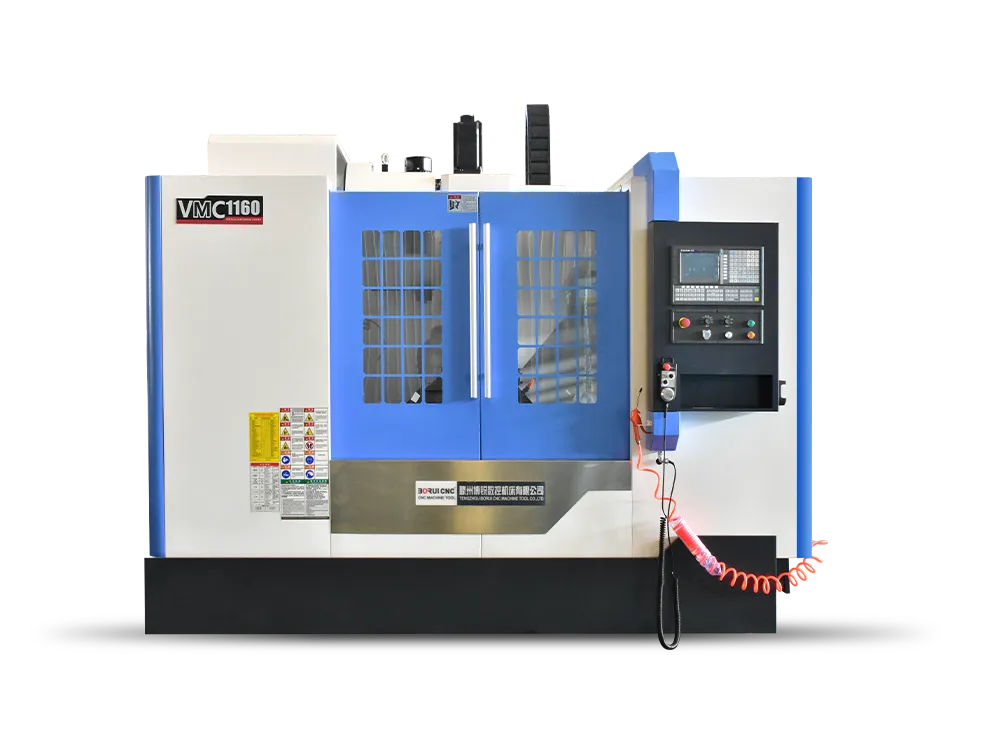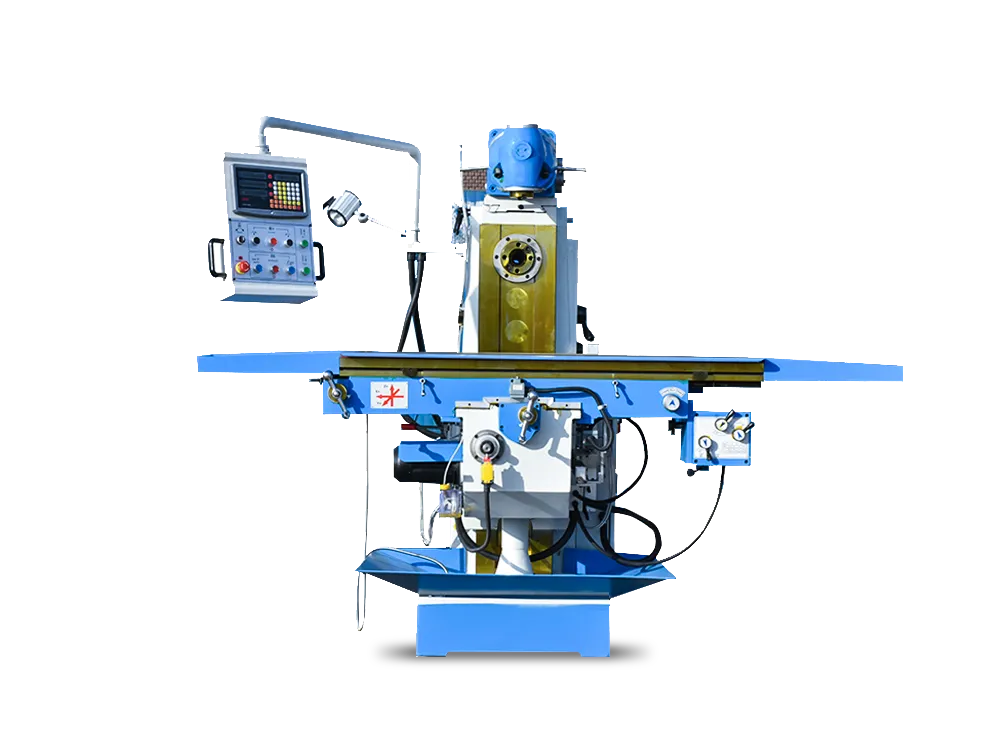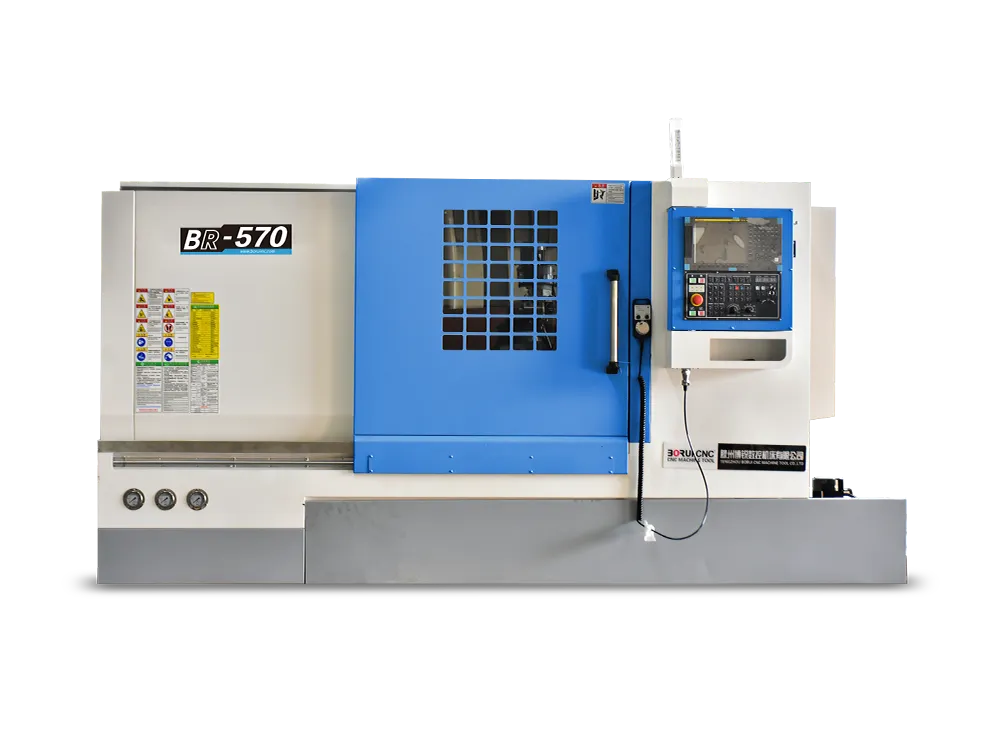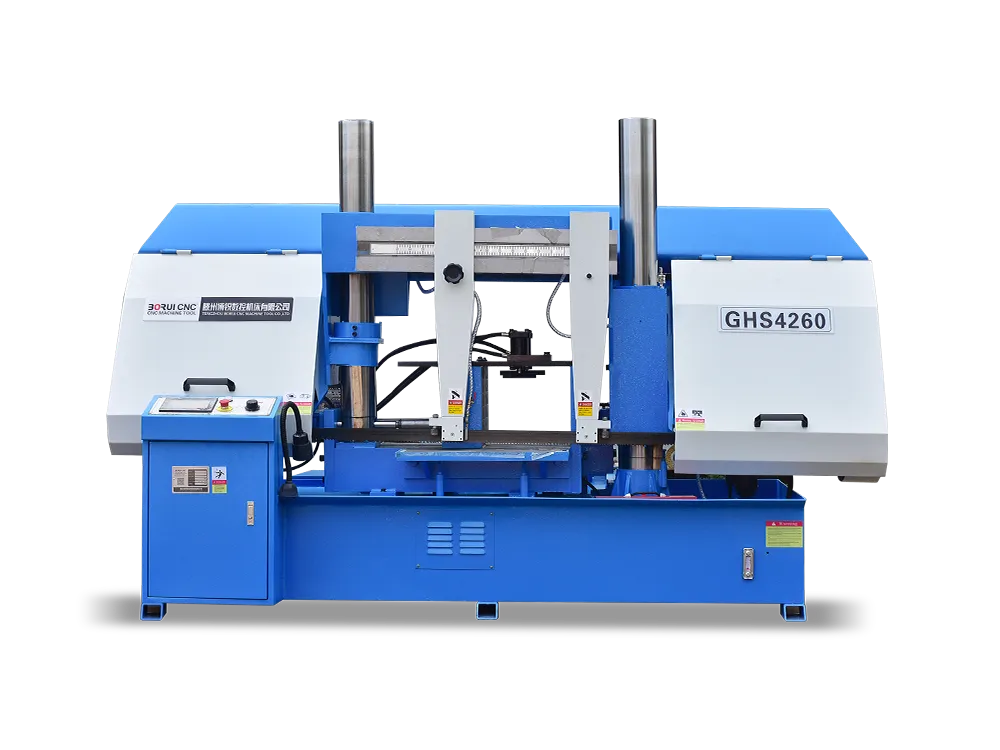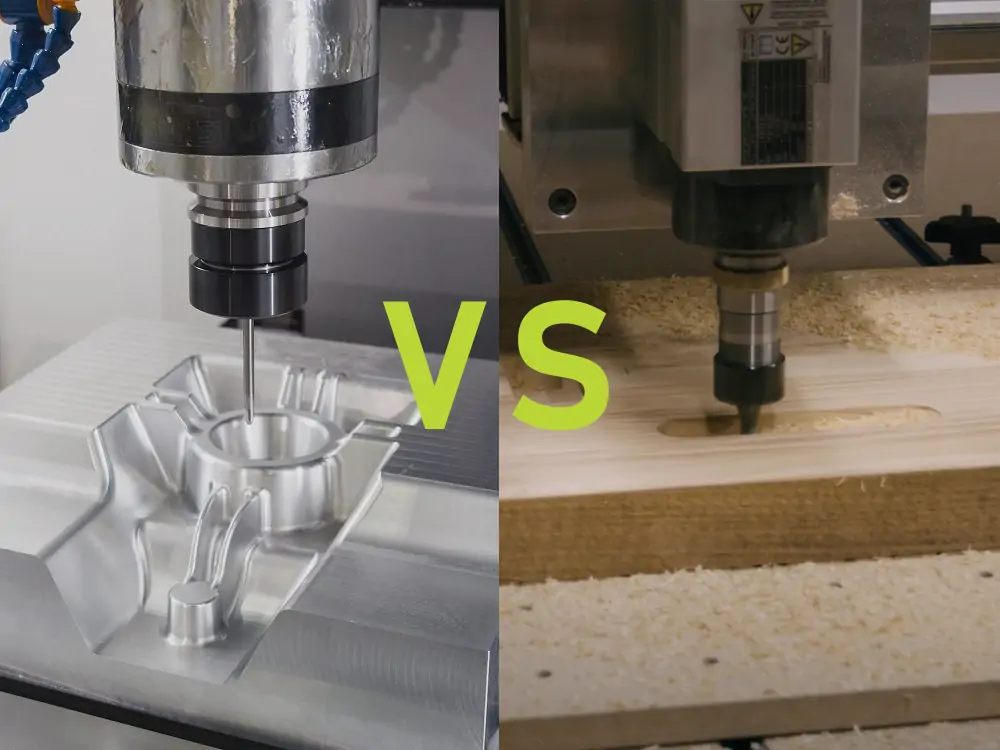Introduzione
A computer usually controls the machines. Titanium and Aluminum are cut using these machines, like CNC mills. Wood in large industries is usually cut by using CNC routers, and in the metal industry, people use CNC mills. CNC mills can move along the X, Y, and Z axes, making the machine very accurate and precise, while CNC routers can only rotate their spindle in the X and Y axes.
CNC Router vs. CNC Mill
CNC router and CNC mill are machines that work almost the same way.
The use is different because the CNC routers cut soft materials like plastics, foam, and less rigid substances.
At the same time, CNC milling machines are made of more complex materials, and wood can be cut using these machines. Industries use CNC routers to cut material at higher speeds, while CNC mills can cut materials like metal at slower speeds.
| Features of Machine | CNC Mill | Router CNC |
| Computer-operated | Yes | Yes |
| Adjustable tools | Yes | Yes |
| Wood and plastic as the substrate | No | Yes |
| Rigid tooling | Yes | No |
| Multiple axis capability | Yes | No |
| Faster cutting | No | Yes |
· How a CNC Mill Works
The designers in the metal industries use computers for CNC mills, so the abbreviation for CNC is (Computer Numerical Control). A computer-operated device has a quality that makes the work very accurate and precise. A desired design is obtained by using rotating tools that are present in this machine. CNC mills can rotate at the X-axis and Y-axis; the design is made with the help of software known as CAD, and cutting is done with the help of the milling machine.
· Working Principle of a CNC Router
A CNC router works just like a CNC mill. It is also a computer-aided device that can cut the material according to engineers’ 2D and 3D designs. It uses CAM (Computer Aided Manufacturing) for the cutting process. The CNC router uses a computer-operated controller that doesn’t involve the help of any human. A CNC router uses a spindle that can rotate on X, Y, and Z.
CNC Router vs. Milling Machine — What’s the Difference?
To understand the difference between a milling machine and a CNC router, first learn about how a milling machine works. A milling machine uses a rotating cutter that smooths the surface. Workers remove material from the surface of the workpiece with the help of CNC mills. Industries like automobile and aerospace are using CNC mills for their manufacturing.
Different industries use these CNC mills: column, turret, and C-frame. The most common one is simple in design, while turret mills are more diverse because the computer commands rotating machines in any direction due to a spindle. Finally, the C-frame mill is the strongest, and many industries use it.
· Working Details regarding CNC Mills
Some materials on a workpiece surface may be removed using CNC mills. The rotating cutter can help create any desired shape or design.
- A working table is present; workers use it to place the workpiece.
- The cutter is attached to the spindle and rotates at high speed.
- The material is adjusted against the cutter, removing the metal from its surface.
· Applications
There are vast applications for CNC routers and CNC milling machines.
- People use CNC machining to cut and make cabinets
- The people in sign-making industries use milling machines.
- Industries like woodworking use these machines to carve engravings on wood and different surfaces.
- Different musical industries use these machines for manufacturing.
- People in the molding industry use these machines.
· Materials
CNC mills and routers can cut or design materials. People in different industries can use CNC mills and routers to cut materials. Milling machines can work on various kinds of materials.
- Metals like aluminum, brass, copper, and steel can be cut using a CNC milling machine.
- CNC routers can be used to cut plastic and make engravings on soft surfaces. People in the plastic industry use these machines to engrave and cut material.
- Wood can be designed with the help of a CNC mill.
- Material like ceramics and stones can be cut with the aid of these machines.
- Composite materials like fiberglass can be engraved with these machines.
· Speed, Power, and Stiffness
The allocation of differences between the CNC mills and CNC routers based on speed, power, and stiffness is as follows:
- A CNC router can operate at high speeds, while CNC mills operate at lower speeds than CNC routers.
- It is common practice to analyze a machine’s ability to perform a task to assess its power. A CNC router can cut only soft materials, so it has less power than milling machines.
- The metals and ceramics are cut or designed with the help of the CNC mills. a CNC router cannot perform a task like this
- CNC mills and routers have stationary and moving parts that make them versatile and able to perform many tasks. The stationary parts give the machine its strength and stiffness.
· Tool Options
Different tool options are available for other purposes in the machines. These available tool options make the device more diverse and can perform many tasks, making it appropriate for use in many industries.
- CNC mills have more complex tools for cutting and designing rigid materials like metal and ceramics.
- Soft materials like wood, plastic, and foam can be carved with the help of CNC routers.
- Different kinds of tools, like tools for grinding, turning, milling, and drilling, are available.
· Cost
The price of a machine depends on its efficiency, which means its ability to perform a task effectively. A CNC mill can perform varied, complex tasks, so the price of the CNC mill is higher than that of a CNC router. However, a router can perform functions that have their importance. However, the cost of the CNC router is low compared to the milling machine. It is around several hundred thousand dollars in investment to install a CNC mill. While installing a CNC router is not a big deal, you can easily install one with minimum investment. Some companies use DIY CNC routers.
Domande frequenti
What is a CNC router?
A CNC router is a machine that cuts, engraves, and designs soft materials like plastic and wood. It is less precise and cannot perform tasks as precisely as a CNC mill. CNC routers are computer-operated machines installed in many industries, such as aerospace, automotive, and woodworking.
What is a CNC Mill?
A machine known as a CNC mill can be used to engrave materials like metals and ceramics. These milling machines are very precise. Attachments can perform many different tasks, such as milling, cutting, and designing.
Why Choose a CNC Router?
The choice of a CNC router depends on the person’s needs. If a person needs to perform tasks that do not require much precision, he should install a CNC router. These machines can work on soft materials like plastic and even foam.
Why Choose a CNC Mill?
Some industries require very precise work, so using a CNC mill is most appropriate. A CNC mill can work very delicately and precisely, milling different kinds of materials. Its tools can work very intricately and efficiently. As the cost of installing such a machine is quite high, a CNC can be used only if the industry requires high precision in its designs and engravings.
Which Machine is Better for Woodworking Projects?
The need for a CNC router and a CNC mill depends on the kind of project on which a person is working. A CNC router can work at high speed. These projects, like woodworking, require speed, and while using a CNC router, there is minimum material wastage.
Can Both Machines Process Metal?
A CNC router can work only with soft materials like wood and plastic, while a CNC mill can cut or engrave metals. Thus, neither machine can work with or process metals.
When should you choose a CNC router and a CNC mill?
Choosing a CNC router or a CNC mill is a tough task.
- Fresatrici CNC cut or carve soft materials like plastic or wood. The industry that deals with plastic or wooden products should prefer installing a CNC router that works very well at high speed.
- CNC mills carve, cut, and engrave hard substances like metals and ceramics. Industries dealing with these should consider installing a CNC mill rather than a CNC router.

